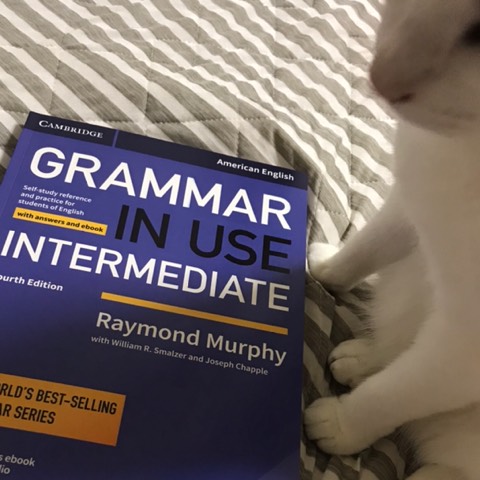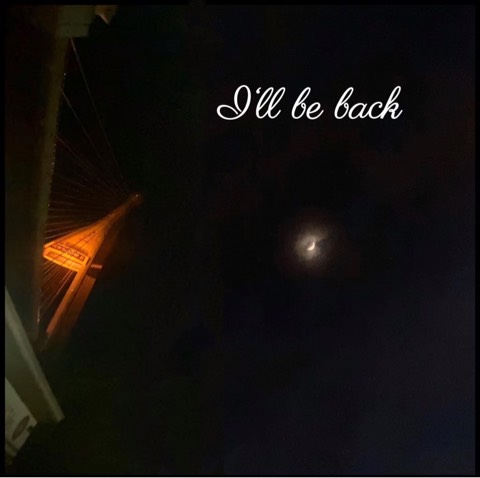English lesson: too vs very
It's very hot.
It's too hot.
The first sentence means that the temperature is high.
The second sentence means that you are finding the temperature high. It is relative to or effecting you.
The film is very bad.
The film is too bad.
The first sentence is that the quality of the film is low, it can be your opinion.
The second sentence means it's your opinion that the film is bad and it is effecting you. For example:
"This film is too bad. Can we stop watching?"
Using "very" in place of "too" is okay but if you use "very" you're putting the emphasis on the quality of the film.
It's very noisy in this pub.
It's too noisy in this pub.
The first sentence means that the pub is noisy, it's your opinion but likely to be factual.
The second sentence means that the pub is noisy and it's effecting your enjoyment of the situation.
So, to summarise:
very = factual
too = factual, but it is effecting you or your situation.
Your in watching a TV show with your friend and it's scary. You need to leave the room. What do you say to your friend?
Download the HelloTalk app to join the conversation.
 Download
Download


















